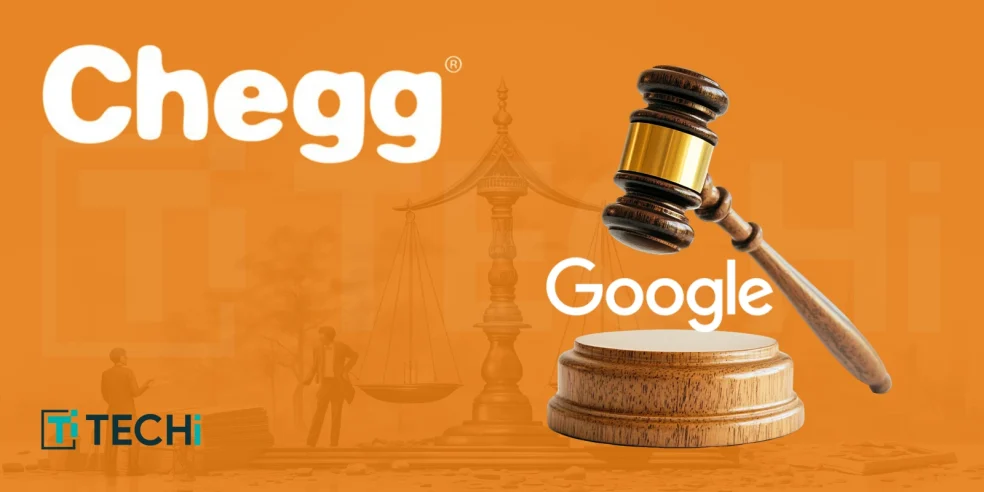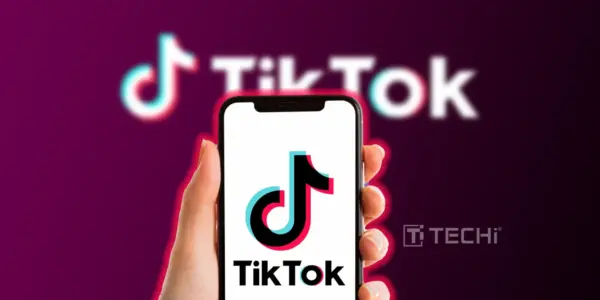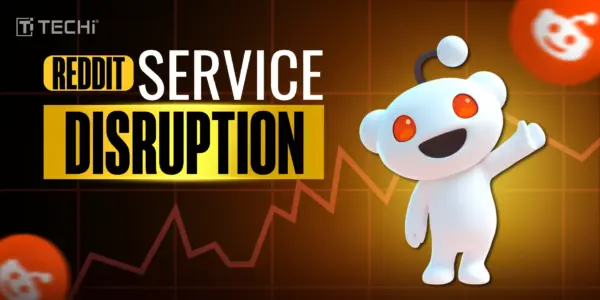In a significant legal development, educational technology firm Chegg has filed a lawsuit against Alphabet Inc.’s Google, alleging that Google’s AI-generated search summaries are undermining original content creators and diverting web traffic away from educational publishers. Filed in Washington, D.C., the lawsuit contends that Google’s AI overviews utilize content from third-party sites like Chegg to provide instant answers directly on the search page, reducing the need for users to visit the source sites. This practice, according to Chegg, diminishes the financial incentives for publishers to produce original content, potentially leading to a degraded information ecosystem.
Chegg’s Concerns Over AI-Generated Content
Chegg’s CEO, Nathan Schultz, emphasized the broader implications, stating that the lawsuit addresses concerns about the future of digital publishing and the quality of student learning resources. He argues that students are increasingly encountering low-quality, unverified AI summaries instead of reliable, step-by-step educational content. This shift not only impacts Chegg’s visitor and subscriber numbers but also raises questions about the integrity of the information available online.
Google’s Response to the Allegations
In response, Google spokesperson Jose Castaneda dismissed the claims as unfounded, asserting that AI overviews enhance the search experience by making it more helpful and increasing opportunities for content discovery. Castaneda noted that Google continues to direct substantial traffic to websites across the internet, with AI overviews contributing to a more diverse range of sites receiving visitors.
Impact on the Digital Publishing Environment
The lawsuit underscores a significant challenge in today’s online content sphere: balancing AI-driven information delivery with the viability of original content creation. As AI tools become more embedded in search engines, creators and publishers are increasingly worried about maintaining their visibility and revenue streams. The resolution of this legal dispute could establish new standards for managing and monetizing AI-generated content, potentially reshaping the relationships between major tech companies and content creators.
This case also underscores the challenges faced by educational platforms like Chegg in adapting to rapidly changing technologies. As AI tools become more prevalent, traditional models of content delivery and monetization are being disrupted, prompting companies to reassess their strategies to remain competitive and relevant in the digital age.
Read More: Musk Starlink Battles Chinese Rivals in Fierce Satellite Internet Race




